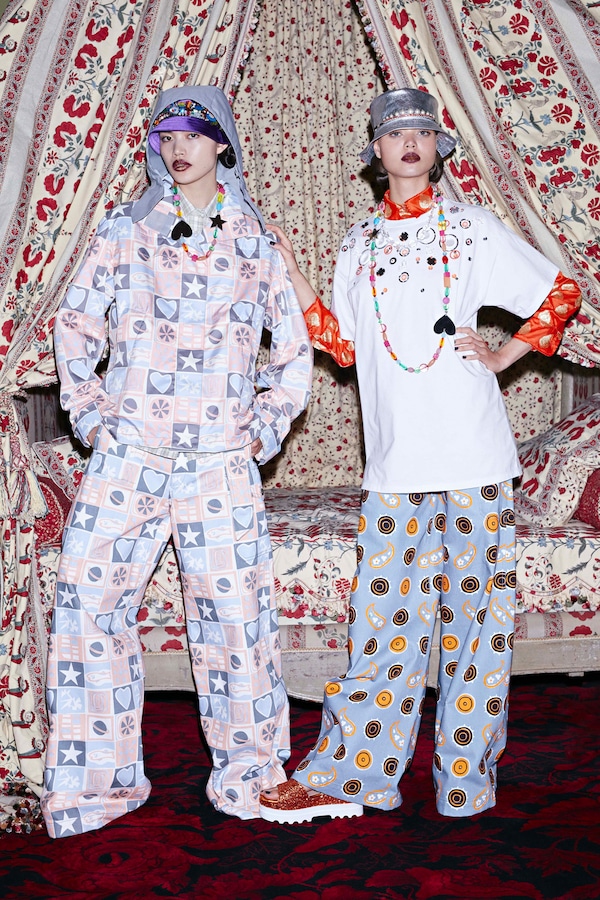Lookbook




















Showspace
The Miu Miu Club Paris
Miu Miu unveils a new kind of private club in Paris. Transforming an historic location into a contemporary salon of the imagination, the-miumiu-club Paris brought a new sense of occasion to Paris Couture Week, for one night only.
Miu Miu reinterpreted and revived the ornate private residence of Hotel de la Paiva on the Champs-Elysees into clubrooms including a cinema, restaurant and show house for a presentation of its Croisière Collection.
Mixing histories, layers of cultural meaning and Miu Miu’s underlying spirit of female empowerment, the-miumiu-club Paris deceived the senses in a merging of the new collection with new encounters.
Members were able to view, for the first time, the new Fall/Winter 2016 campaign and video; sample cuisine by Margot Henderson; listen to a renowned string quartet, Dirty Pretty Strings, and DJ sets by Paul Simonon, Plastiscines, Kate Moss and Katie Grand; watch a showcase of all eleven of the auteur series Miu Miu Women’s Tales and experience the Croisière collection up close.
The building’s history is an ironic and colourful backdrop for a club celebrating the many facets of the Miu Miu woman. It was built in the mid-1800s, commissioned by the infamous courtesan Esther Lachmann (known as La Paiva) for her private residence. The exquisite rooms of Hotel de la Paiva radiate with extraordinary details. It is famed for its painted ceiling of Day chasing Night away by Paul Baudry and its magnificent staircase, carved from Algerian yellow onyx. A Napoleon III style bathtub also in yellow onyx has taps set with precious stones.
La Paiva is said to have taken baths of milk, lime-blossom, and even champagne in it. La Paiva held some of the most tantalising and decadent soirees of the age in the lavish mansion. Her circle included members of the literary, artistic, political and intellectual elite, including Gustave Flaubert and Emile Zola.




































